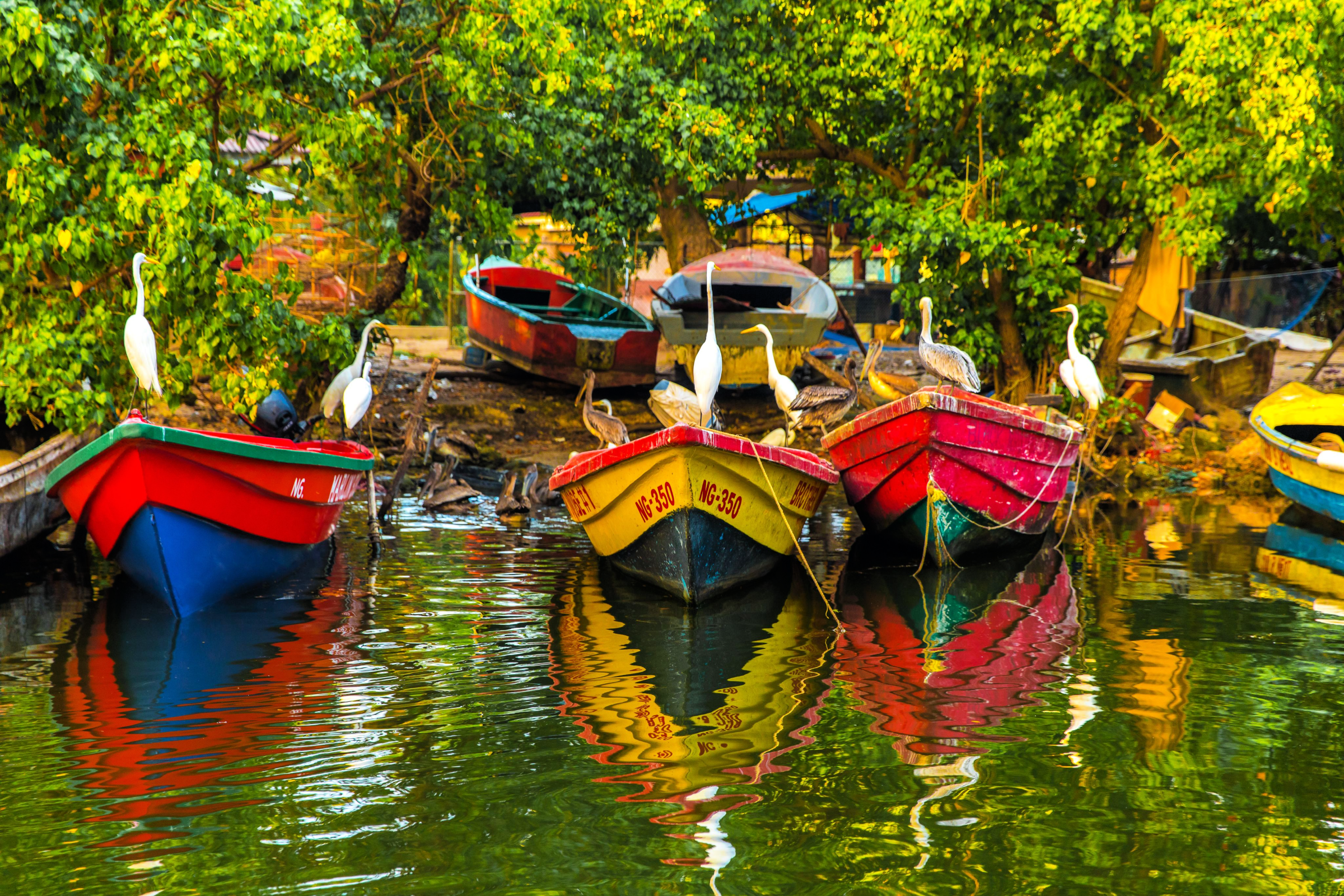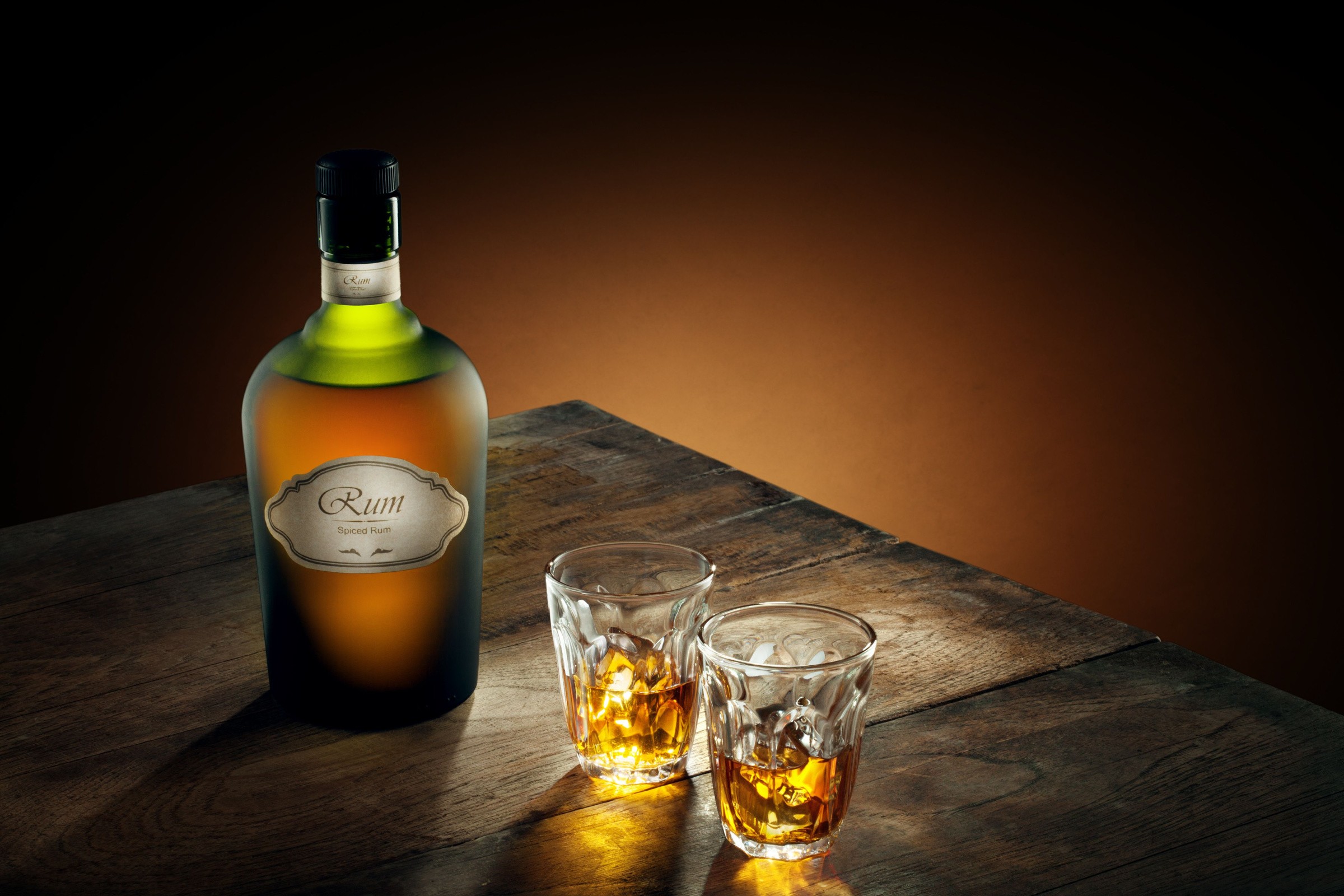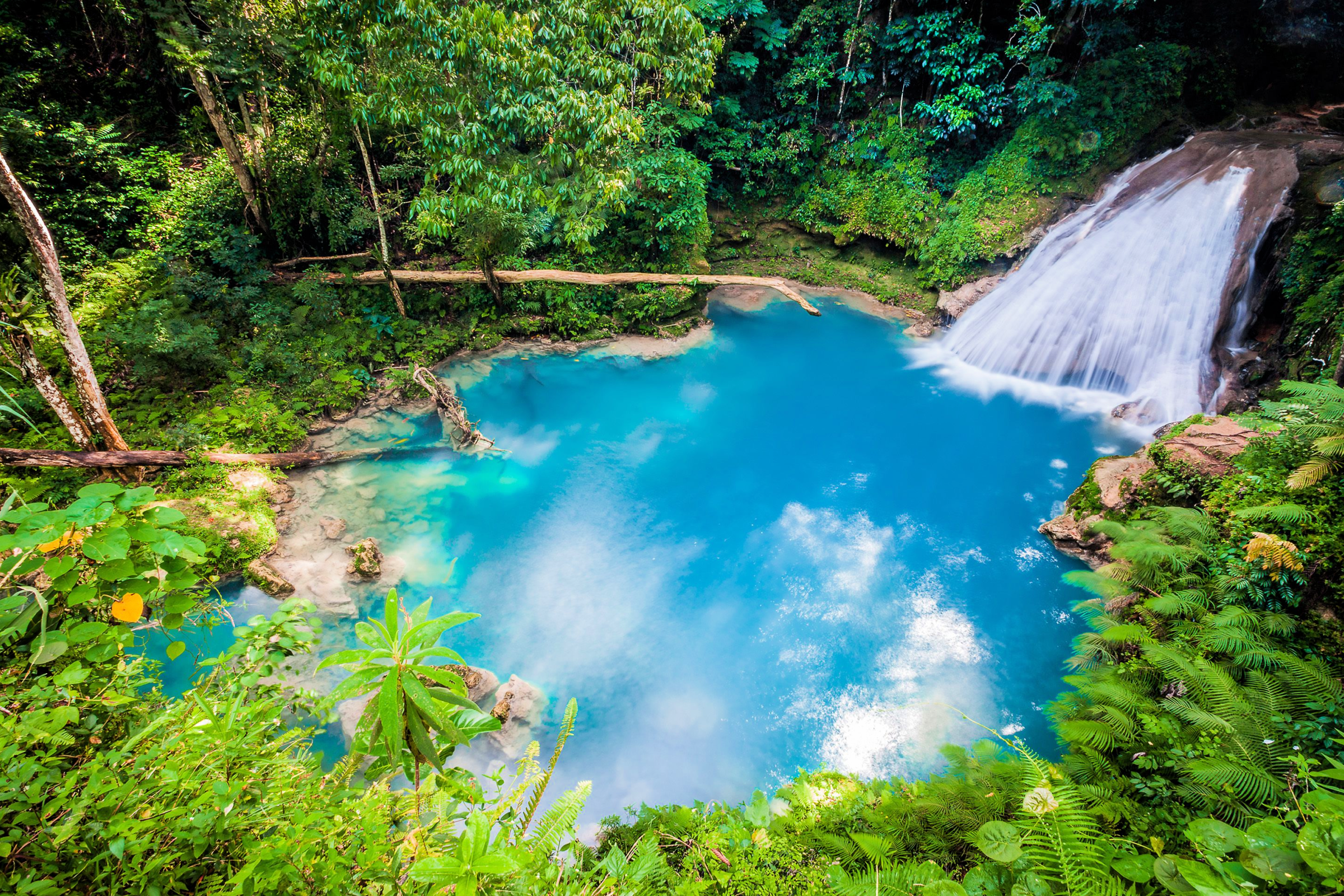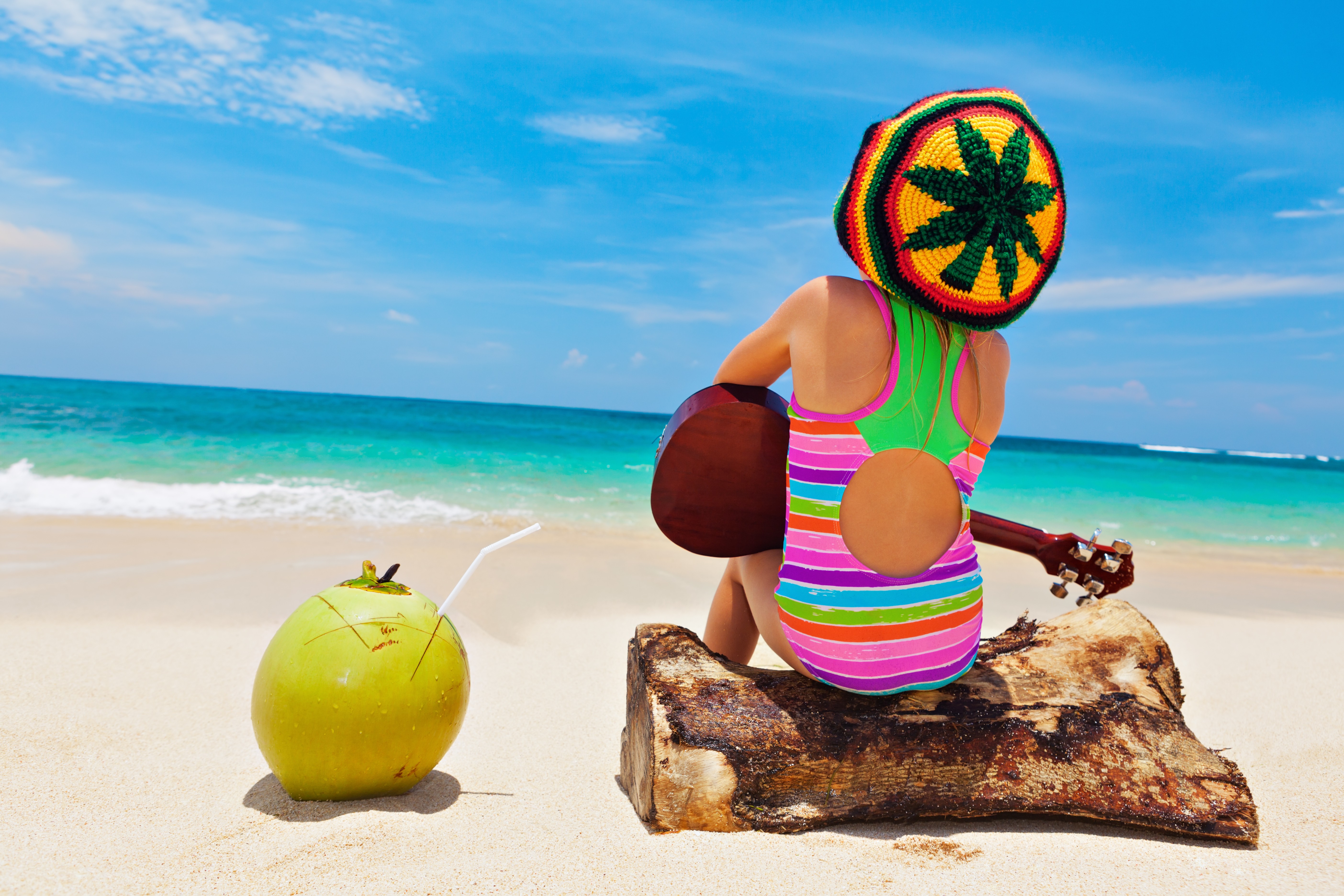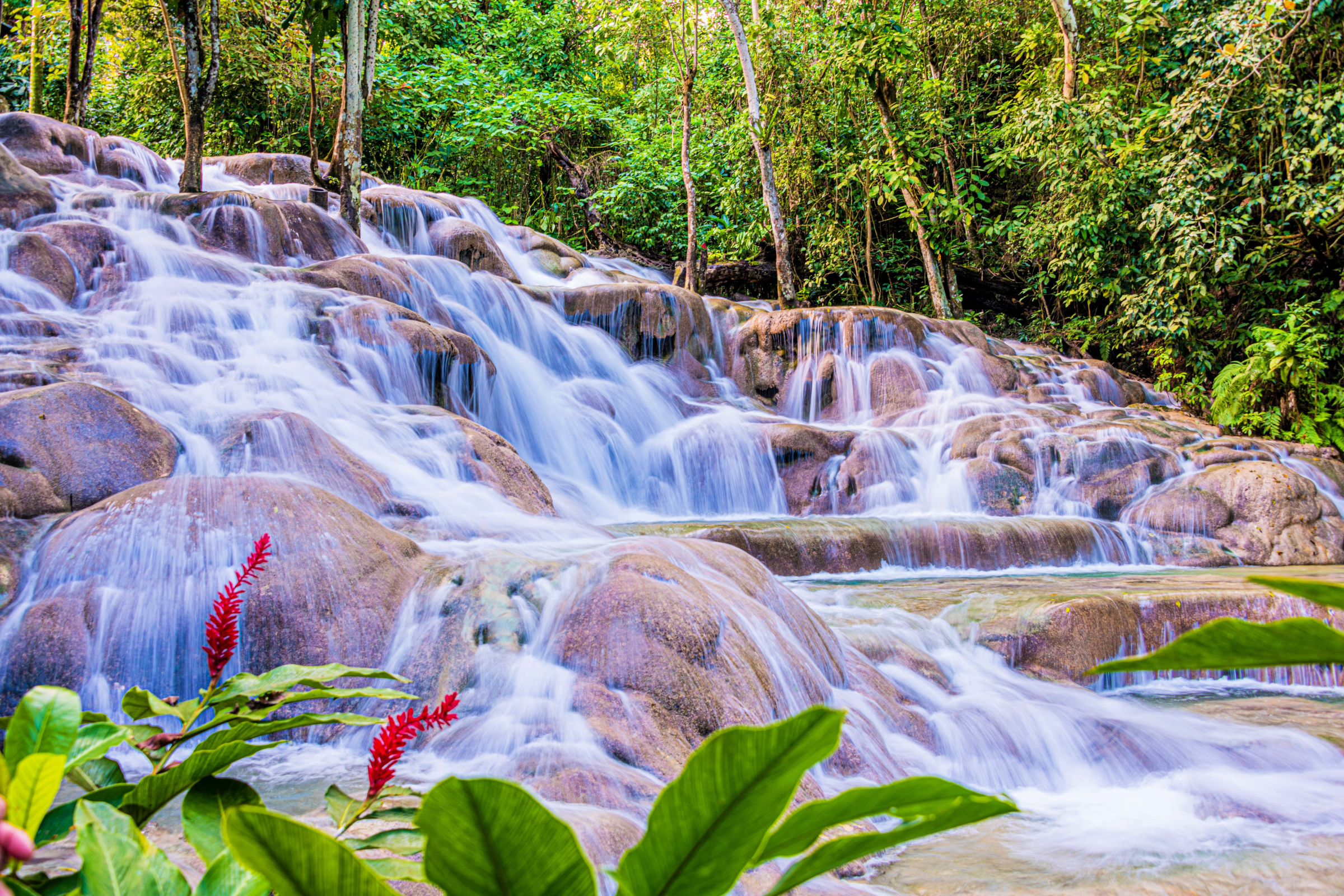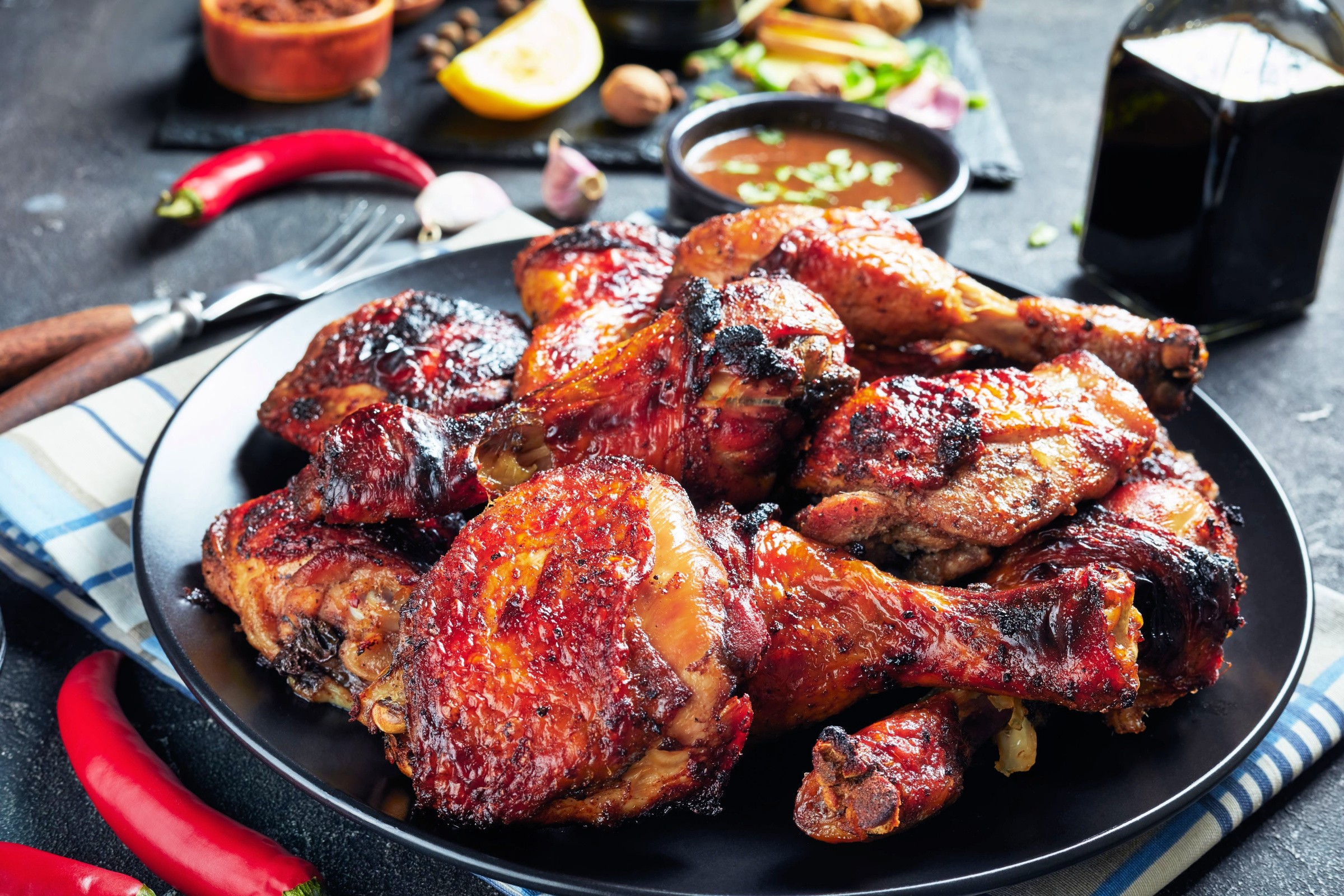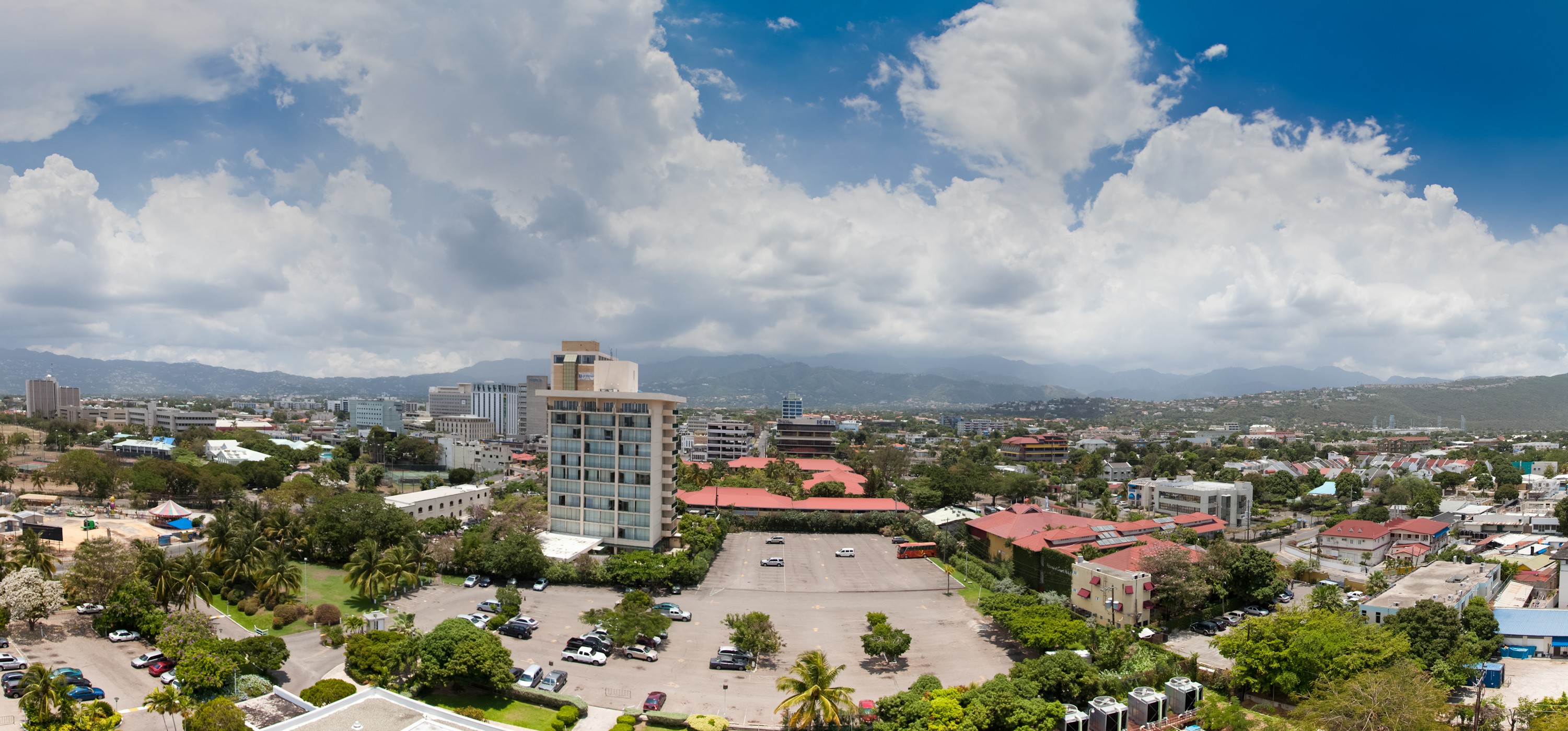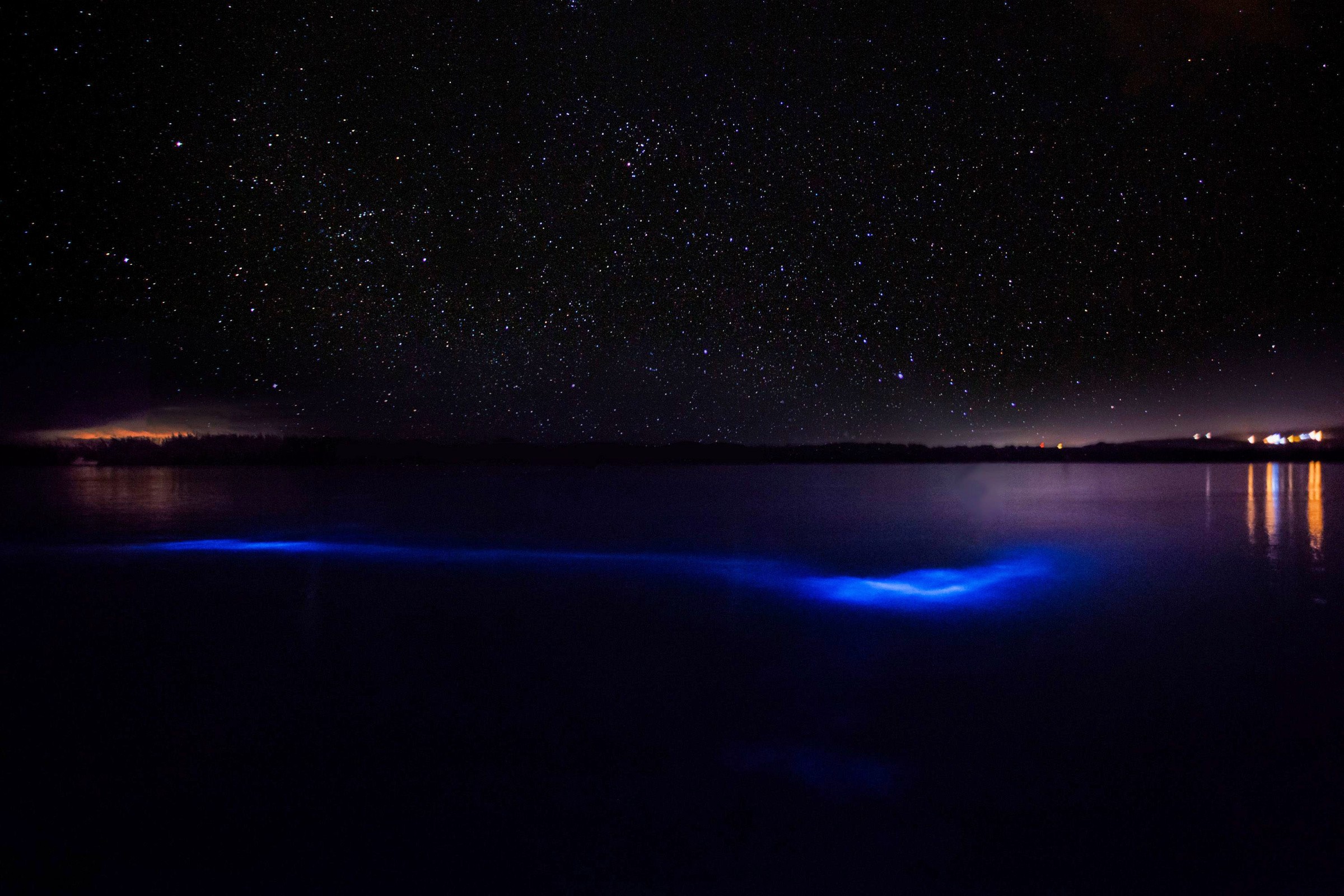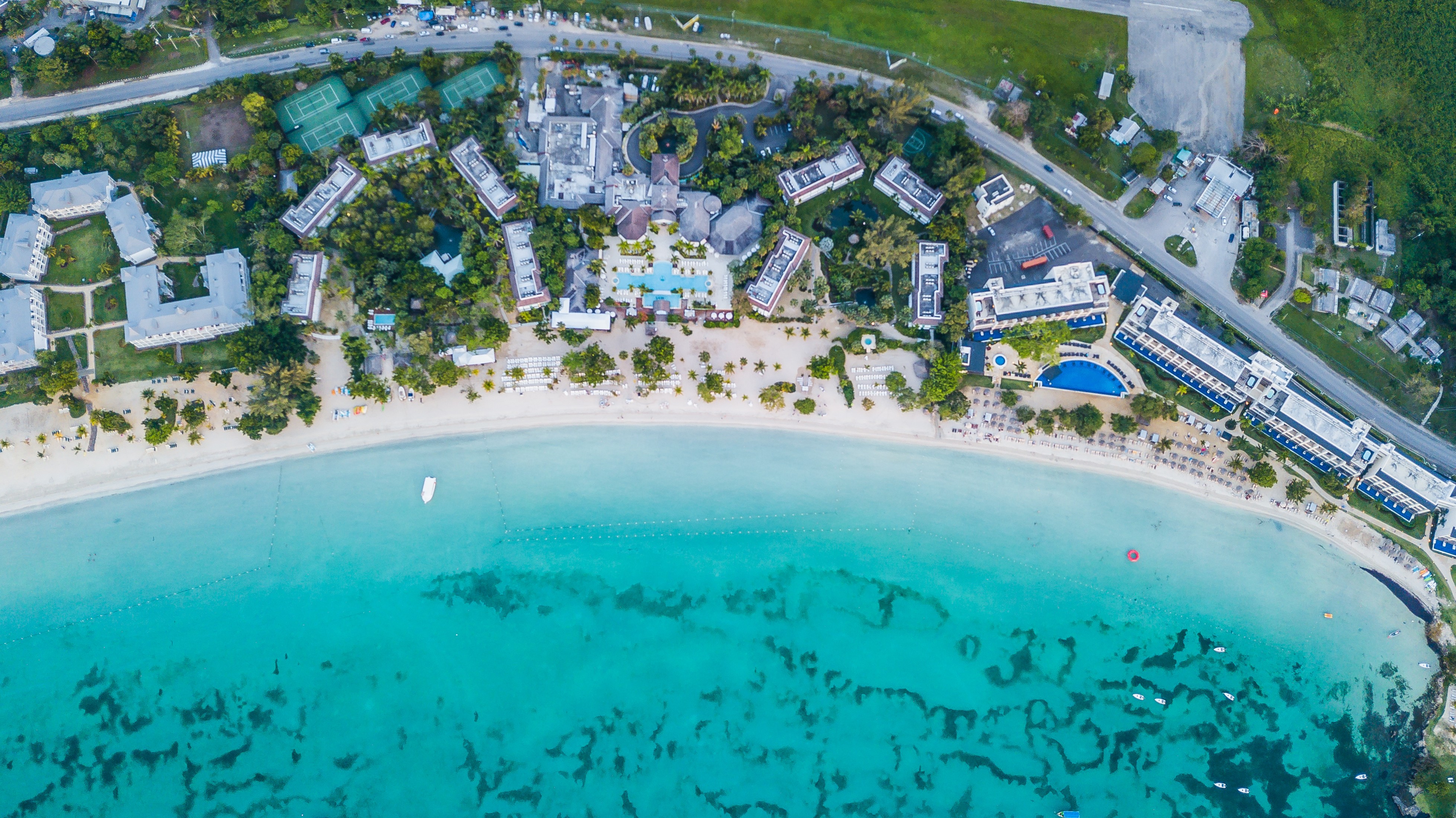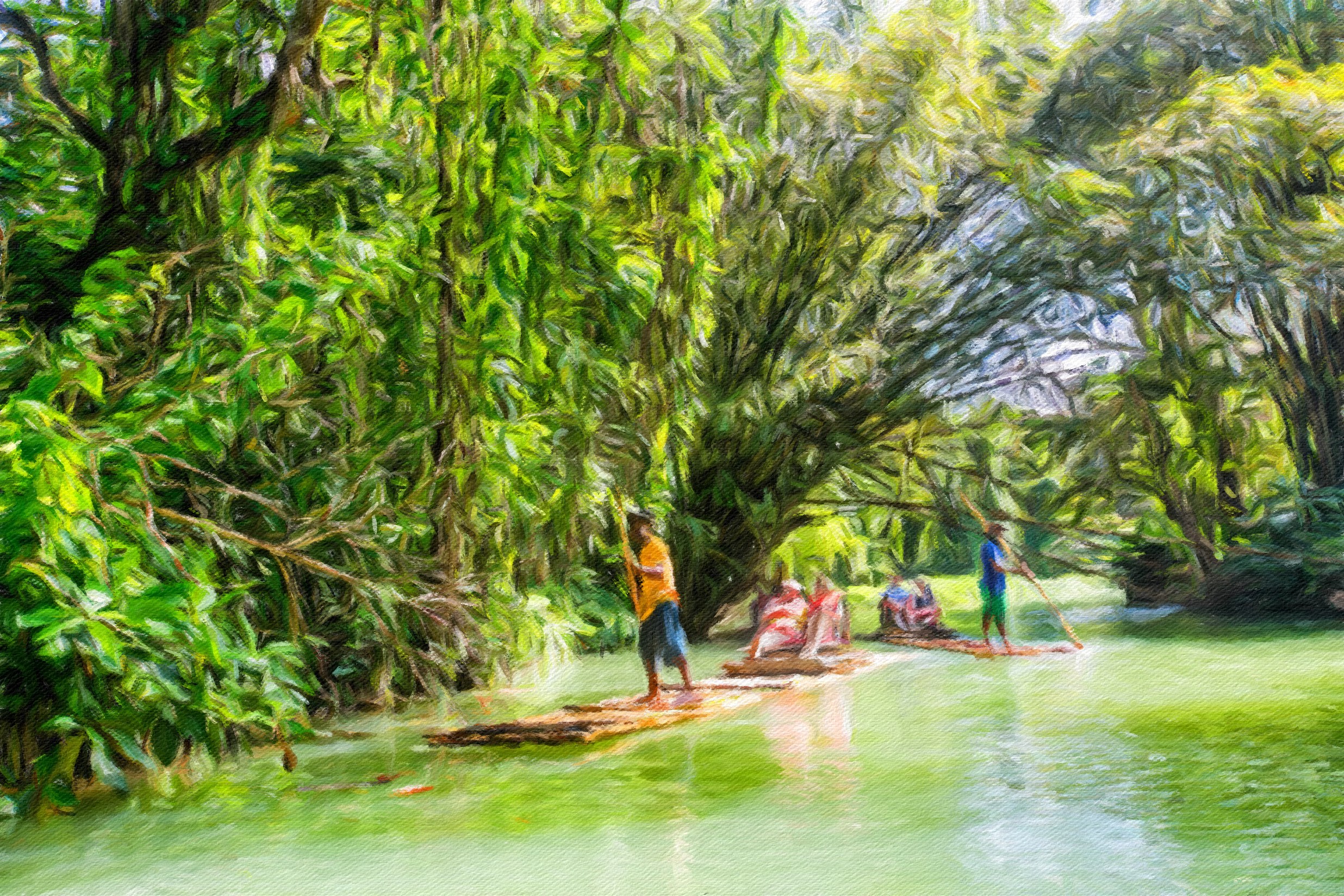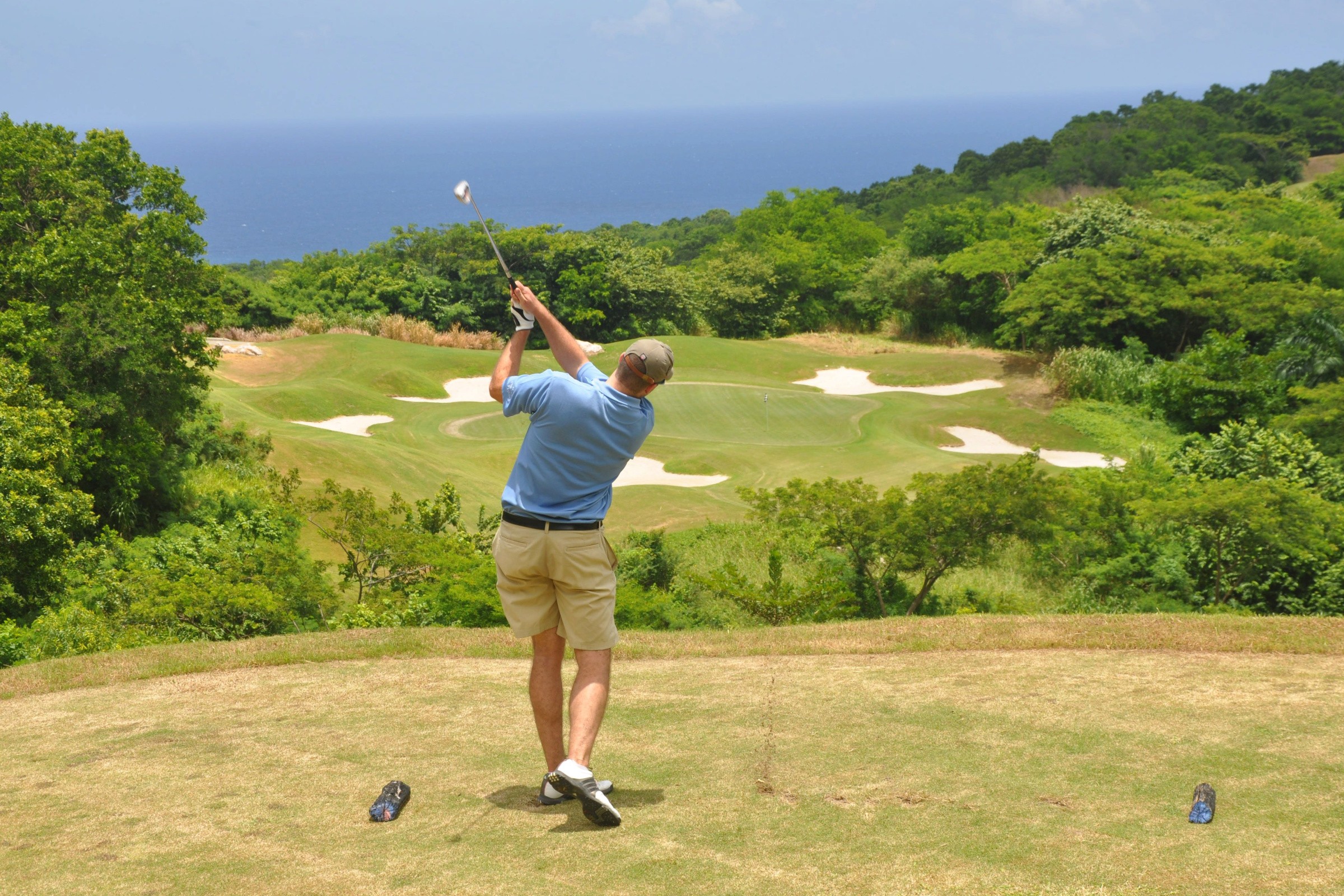General Overview
Jamaica is a Caribbean country boasting long stretches of sugary beaches, expanses of lush vegetation, and towering mountain ranges. The largest English-speaking country in the Caribbean has also been ranked consistently among the top five prime tourist destinations in the world over the last few years.
Jamaica’s Climate
Jamaica enjoys tropical, warm weather featuring average temperatures around 26.7oC (90oF) and around 5oC (34oF) between July-August and January-February, which are considered the warmest and coldest periods of the year, respectively. Of course, the higher the altitude, the lower the average temperatures. At Blue Mountain Peak, for example, which is the highest point in Jamaica, the average temperature is around 16oC (4oF).
Rain and Hurricane Seasons
Being a tropical country, Jamaica experiences plenty of rain, with the phenomenon peaking in May and October, while the hurricane season is from June through November, but the chances of a tropical storm hitting Jamaica are quite slim.
Geography
Jamaica is divided into three counties, which are subdivided into 14 parishes – each having its own capital city. However, only two of all these capitals have city status, namely Montego Bay and Kingston, with the latter also serving as the Jamaican capital.
Quick Facts About Jamaica:
- The national language is Jamaican Patois.
- The official language in Jamaica is English.
- The official currency is the Jamaican Dollar (JMD).
- Christianity is the most practised religion in Jamaica, with over 100 denominations. Other faiths practised here are Rastafarianism, Hinduism, Island, and Judaism, among others.
- The official language is English and is the only one used in writing. However, Jamaican Patois or Creole is the most widely spoken language.
- The Blue Mountain Coffee produced in Jamaica is one of the rarest and most expensive coffees in the world. Most of it is shipped to Japan, though, which makes it a coffee that is not easily found.
- Driving is on the left side in Jamaica and caution should be exercised when driving due to the poor road infrastructure and the rather “carefree” driving style of the locals.
Jamaican National Symbols
First of all, the national bird is the indigenous Swallow-Tail Humming Bird or, as the locals call it, Doctor Bird, with beautiful iridescent feathers. As for the national fruit, that would be the Ackee that’s usually paired with dumplings, yams, bananas, roasted breadfruit, and cod fish. Regarding the national tree, it is the Blue Mahoe which can be as high as 18 metres (60 feet). Finally, the national flower is produced by trees along the south and north Jamaica coast called Lingnum Vitae Tree and its petals are star-shaped and blue.
Things to Know About Jamaican Culture
Expect a firm handshake and direct eye contact when meeting with or greeting a Jamaican, accompanied by a genuinely warm smile. The women will even kiss you on each cheek (first on the right and then on the left) and hug you after a friendship has been established. However, no local will ever call you by your first name until you invite them to do so.
Considering table manners, the meals are usually buffet style, with knives held in the right hand and forks in the left, while it is considered good manners to finish every item on the plate and have a taste of everything offered to you.
Overall, though, the Jamaican attitude toward life is laid back, and family plays a critical role in their lives. Finally, Jamaica is an island with a huge number of churches per capita.
Facts About Jamaica’s Natural World
Jamaica’s waters are believed to have healing qualities, which pertain to the many hot springs and the several mineral baths that comprise the Jamaica landscape. That being said, Milk River Bath is said to be the most radioactive mineral spa on earth! No wonder Jamaica was named Land of Wood and Water (a translation from Xaymaca, which was what the Arawak people, the second indigenous people of Jamaica, called the island).
As for the Jamaican wildlife, flora, and fauna, the island is home to 73 indigenous species and over 200 exotic species in total, including 8 non-venomous snake species. Lastly, the world’s seventh-largest natural harbour is Kingston Harbour. Now, if you love the coastline, you’d also be excited to know that Jamaica has 50 public, fine-sand beaches, with the most popular ones being Doctor’s Cave Beach and Negril in Montego Bay.
And, did you know that cranberry is considered a luxury item (and one of the most highly sought-after foods) in Jamaica?
Exciting Facts About Jamaica:
- The highest-selling reggae record of all time is Legend by Jamaican Bob Marley.
- Port Royal was once referred to as the Wickedest City on Earth!
- 14 of the James Bond novels were written while the author, Ian Flemming, was living in Jamaica.
- The Jamaican airports feature VIP lounges featuring an authentic Jamaican atmosphere to greet visitors with an inviting Jamaican vibe.
- Rum has been an integral part of Jamaica’s history since the 17th century and is now considered the national drink.
Local Attractions
Jamaica offers an abundance of places to visit, things to see, and experiences to go after, pleasing every taste and requirement. Among the numerous local attractions and landmarks worth visiting are the spectacular Seven Mile Beach, Rose Hall Great House plantation home, Reach Falls, Blue Lagoon, Frenchman’s Cove, Martha Brae River, Blue Mountains, Black River and so many more.
As for the ventures via which you could claim a share of soul-fulfillment, you can choose between swimming, diving, rafting, mountain climbing, cliff jumping, rum tasting, beach hopping, surfing, hiking, trekking, and whatever it is that you have in mind, even playing golf and sampling delicious local cuisine featuring mouth-watering seafood, chicken dishes, and flavours that explode inside the palate. And don’t forget to submerge in the therapeutic waters of the Jamaican lagoons and natural pools to emerge a new person!
That aside, though, Jamaica’s history-drenched grounds also have a lot to say to those interested to listen about eras of pirates, slaves, and people focused on forcing governments to give equal rights to all.
General Overview
Jamaica is a Caribbean country boasting long stretches of sugary beaches, expanses of lush vegetation, and towering mountain ranges. The largest English-speaking country in the Caribbean has also been ranked consistently among the top five prime tourist destinations in the world over the last few years.
Jamaica’s Climate
Jamaica enjoys tropical, warm weather featuring average temperatures around 26.7oC (90oF) and around 5oC (34oF) between July-August and January-February, which are considered the warmest and coldest periods of the year, respectively. Of course, the higher the altitude, the lower the average temperatures. At Blue Mountain Peak, for example, which is the highest point in Jamaica, the average temperature is around 16oC (4oF).
Rain and Hurricane Seasons
Being a tropical country, Jamaica experiences plenty of rain, with the phenomenon peaking in May and October, while the hurricane season is from June through November, but the chances of a tropical storm hitting Jamaica are quite slim.
Geography
Jamaica is divided into three counties, which are subdivided into 14 parishes – each having its own capital city. However, only two of all these capitals have city status, namely Montego Bay and Kingston, with the latter also serving as the Jamaican capital.
Quick Facts About Jamaica:
- The national language is Jamaican Patois.
- The official language in Jamaica is English.
- The official currency is the Jamaican Dollar (JMD).
- Christianity is the most practised religion in Jamaica, with over 100 denominations. Other faiths practised here are Rastafarianism, Hinduism, Island, and Judaism, among others.
- The official language is English and is the only one used in writing. However, Jamaican Patois or Creole is the most widely spoken language.
- The Blue Mountain Coffee produced in Jamaica is one of the rarest and most expensive coffees in the world. Most of it is shipped to Japan, though, which makes it a coffee that is not easily found.
- Driving is on the left side in Jamaica and caution should be exercised when driving due to the poor road infrastructure and the rather “carefree” driving style of the locals.
Jamaican National Symbols
First of all, the national bird is the indigenous Swallow-Tail Humming Bird or, as the locals call it, Doctor Bird, with beautiful iridescent feathers. As for the national fruit, that would be the Ackee that’s usually paired with dumplings, yams, bananas, roasted breadfruit, and cod fish. Regarding the national tree, it is the Blue Mahoe which can be as high as 18 metres (60 feet). Finally, the national flower is produced by trees along the south and north Jamaica coast called Lingnum Vitae Tree and its petals are star-shaped and blue.
Things to Know About Jamaican Culture
Expect a firm handshake and direct eye contact when meeting with or greeting a Jamaican, accompanied by a genuinely warm smile. The women will even kiss you on each cheek (first on the right and then on the left) and hug you after a friendship has been established. However, no local will ever call you by your first name until you invite them to do so.
Considering table manners, the meals are usually buffet style, with knives held in the right hand and forks in the left, while it is considered good manners to finish every item on the plate and have a taste of everything offered to you.
Overall, though, the Jamaican attitude toward life is laid back, and family plays a critical role in their lives. Finally, Jamaica is an island with a huge number of churches per capita.
Facts About Jamaica’s Natural World
Jamaica’s waters are believed to have healing qualities, which pertain to the many hot springs and the several mineral baths that comprise the Jamaica landscape. That being said, Milk River Bath is said to be the most radioactive mineral spa on earth! No wonder Jamaica was named Land of Wood and Water (a translation from Xaymaca, which was what the Arawak people, the second indigenous people of Jamaica, called the island).
As for the Jamaican wildlife, flora, and fauna, the island is home to 73 indigenous species and over 200 exotic species in total, including 8 non-venomous snake species. Lastly, the world’s seventh-largest natural harbour is Kingston Harbour. Now, if you love the coastline, you’d also be excited to know that Jamaica has 50 public, fine-sand beaches, with the most popular ones being Doctor’s Cave Beach and Negril in Montego Bay.
And, did you know that cranberry is considered a luxury item (and one of the most highly sought-after foods) in Jamaica?
Exciting Facts About Jamaica:
- The highest-selling reggae record of all time is Legend by Jamaican Bob Marley.
- Port Royal was once referred to as the Wickedest City on Earth!
- 14 of the James Bond novels were written while the author, Ian Flemming, was living in Jamaica.
- The Jamaican airports feature VIP lounges featuring an authentic Jamaican atmosphere to greet visitors with an inviting Jamaican vibe.
- Rum has been an integral part of Jamaica’s history since the 17th century and is now considered the national drink.
Local Attractions
Jamaica offers an abundance of places to visit, things to see, and experiences to go after, pleasing every taste and requirement. Among the numerous local attractions and landmarks worth visiting are the spectacular Seven Mile Beach, Rose Hall Great House plantation home, Reach Falls, Blue Lagoon, Frenchman’s Cove, Martha Brae River, Blue Mountains, Black River and so many more.
As for the ventures via which you could claim a share of soul-fulfillment, you can choose between swimming, diving, rafting, mountain climbing, cliff jumping, rum tasting, beach hopping, surfing, hiking, trekking, and whatever it is that you have in mind, even playing golf and sampling delicious local cuisine featuring mouth-watering seafood, chicken dishes, and flavours that explode inside the palate. And don’t forget to submerge in the therapeutic waters of the Jamaican lagoons and natural pools to emerge a new person!
That aside, though, Jamaica’s history-drenched grounds also have a lot to say to those interested to listen about eras of pirates, slaves, and people focused on forcing governments to give equal rights to all.




